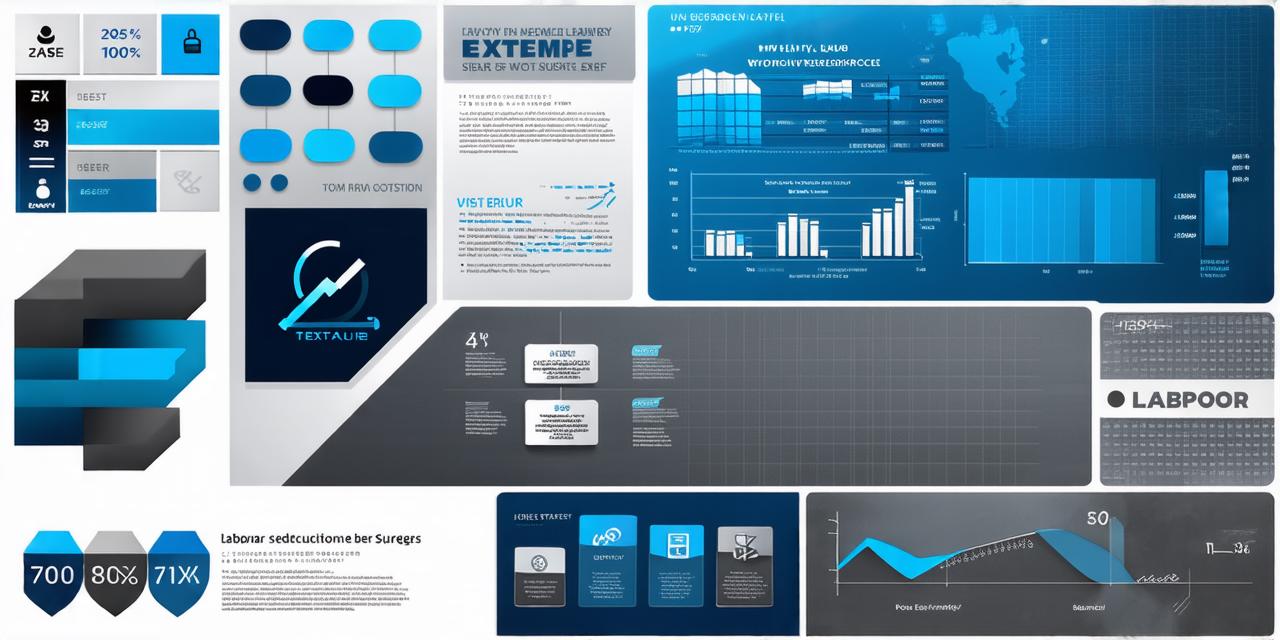Understanding the Concept of Outsourcing Labor
BlogHere’s the corrected HTML code for the article:

Outsourcing labor refers to the practice of a company or organization contracting with an external provider to perform tasks that were previously performed in-house. This can include a wide range of activities, such as manufacturing, customer service, accounting, and administrative work. There are several reasons why companies may choose to outsource their labor, including cost savings, access to specialized expertise, and increased efficiency.
One of the main benefits of outsourcing labor is cost savings. By contracting with an external provider, a company can often reduce its labor costs by taking advantage of lower wages and more efficient operations in other countries. This can be especially beneficial for companies that are operating in industries where labor costs are high or difficult to manage.
Another reason why companies may choose to outsource their labor is access to specialized expertise. Outsourcing providers often have deep knowledge and experience in specific areas, such as technology or finance. By working with an external provider, a company can tap into this expertise and gain access to specialized skills that it may not have in-house. This can be especially beneficial for companies that are looking to develop new products or services or enter new markets.
In addition to cost savings and access to specialized expertise, outsourcing labor can also increase efficiency. By contracting with an external provider, a company can free up its internal resources to focus on other activities that are more closely aligned with its core business. This can help to streamline operations and improve productivity, which in turn can lead to cost savings and increased profitability.
When deciding whether or not to outsource labor, it is important for companies to carefully consider the potential risks and challenges. For example, there may be language barriers or cultural differences that need to be addressed, and it may be difficult to ensure that the work being done by the outsourcing provider meets the company’s standards. To mitigate these risks, it is important for companies to thoroughly vet their outsourcing providers and develop clear communication and quality control processes.
Overall, outsourcing labor can be a powerful tool for companies looking to improve their operations and bottom line. By taking advantage of cost savings, access to specialized expertise, and increased efficiency, companies can gain a competitive edge and achieve long-term success. However, it is important for companies to carefully consider the potential risks and challenges before making the decision to outsource.
